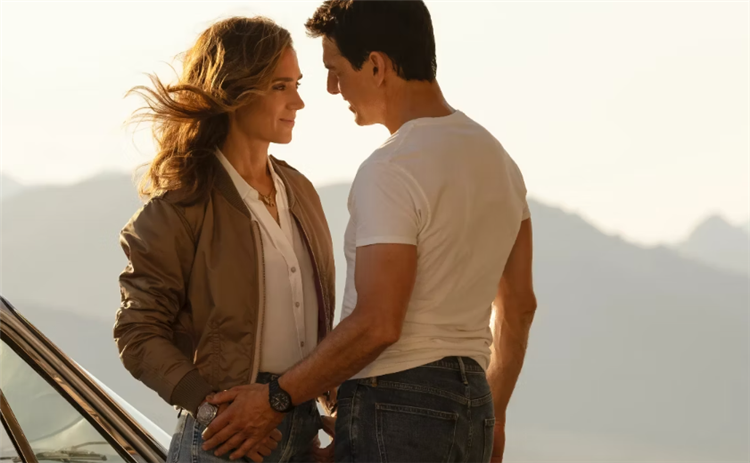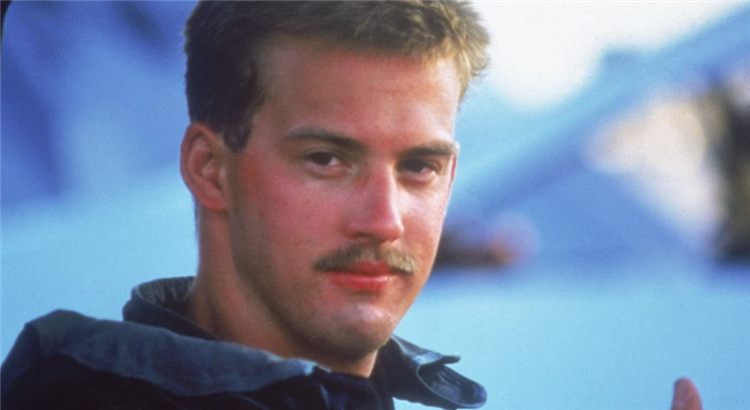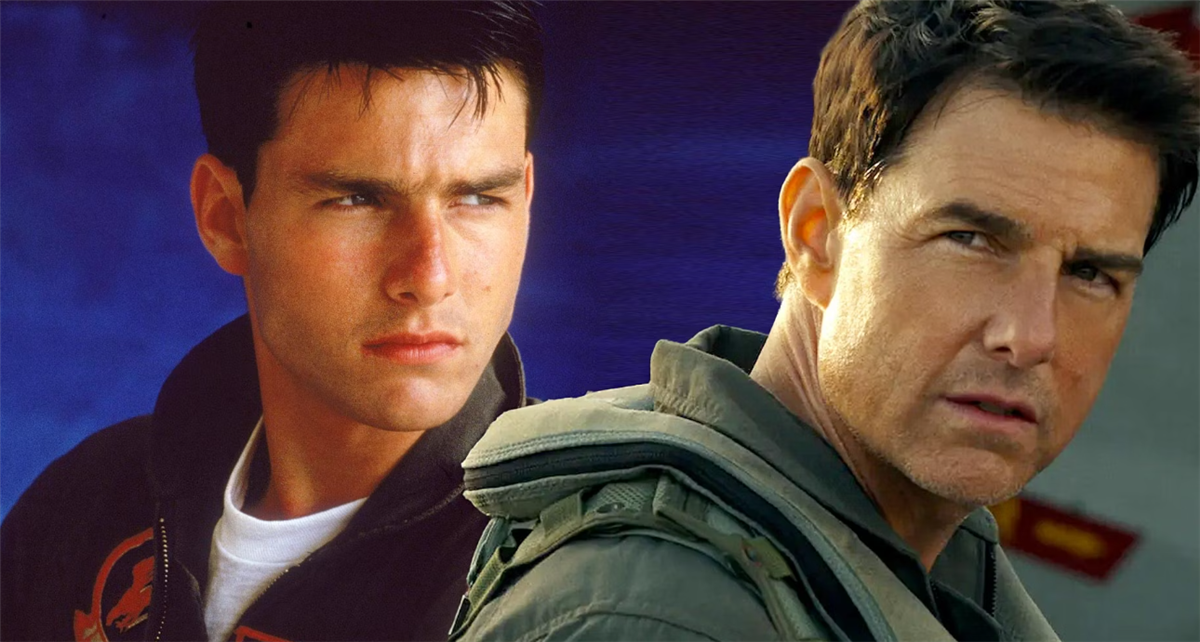A side joke from the first Top Gun refers to an unseen admiral’s daughter, which turns out to be a pivotal—and unexpectedly romantic—character in Top Gun: Maverick. Although the tone of the first Top Gun and the delayed sequel Top Gun: Maverick was identical, the way that each film portrayed Tom Cruise’s roguish antihero Maverick couldn’t have been more dissimilar. Maverick is an aged has-been who is haunted by regret (although still having his flying skills) in Top Gun: Maverick as opposed to the first Top Gun, when he is a feckless, reckless rebel whose flying proficiency isn’t enough to keep him out of problems with the Navy’s top brass.
While Top Gun 3 may take Maverick’s story in a darker direction, Top Gun: Maverick ended with the antihero in a happier, more content place than he had ever been in the decades between the original movie and its sequel. However, Maverick’s peace was hard won. Top Gun: Maverick saw its title character undo the many mistakes of his past, righting the tragedy of Goose’s death and his early rivalry with Iceman. Maverick’s last conversation with Iceman proved that he successfully buried that early animosity, while his rescue of Goose’s son Rooster allowed him to finally forgive himself for his role in Goose’s demise. This character transformation actually perfectly pays off an old Top Gun joke.
Top Gun Set Up Maverick’s Future Romance With An Offh and Joke

Perhaps the least likely call-back to the original Top Gun provides the basis for Top Gun: Maverick’s romantic subplot. In the original Top Gun, there is a brief scene wherein Maverick is disciplined for having “a history of high-speed passes over five air control towers and one admiral’s daughter!” (Who Goose helpfully reminds Maverick was “Penny Benjamin” in an aside). In the original Top Gun, this joke establishes that Maverick’s cavalier attitude extends into his romantic life too but, in Top Gun: Maverick, the gag takes on a new significance as it proves that even his earliest, seemingly inconsequential actions went on to haunt the antihero.
Despite Top Gun: Maverick’s plot holes, the tautly plotted sequel rarely wastes a chance to build on the original Top Gun’s story. Like so much about the sequel, Penny Benjamin’s role in Top Gun: Maverick takes something that was evidence of Maverick’s apparent recklessness in the original Top Gun and proves that it had a deeper significance since Maverick eventually ended up happy with that same Admiral’s daughter decades later. Maverick grows from a lovable, thoughtless cad who bedded an admiral’s daughter to a mature, reflective hero who finally admitted to Penny that he always loved her decades later.
Top Gun’s “Admiral’s Daughter” Joke Shows How Maverick Changed

The strengths of Top Gun: Maverick come from the sequel’s ability to flesh out the thinly-sketched world of Top Gun. Top Gun did not seem like an overly emotionally resonant movie, but Top Gun: Maverick’s Penny Benjamin plot proved that even a throwaway sex joke from the original movie could become a surprisingly sweet reflection on Maverick’s growth decades later. Top Gun didn’t give Top Gun: Maverick much to work with when it came to humanizing Maverick, but the sequel still managed to achieve this feat admirably.
